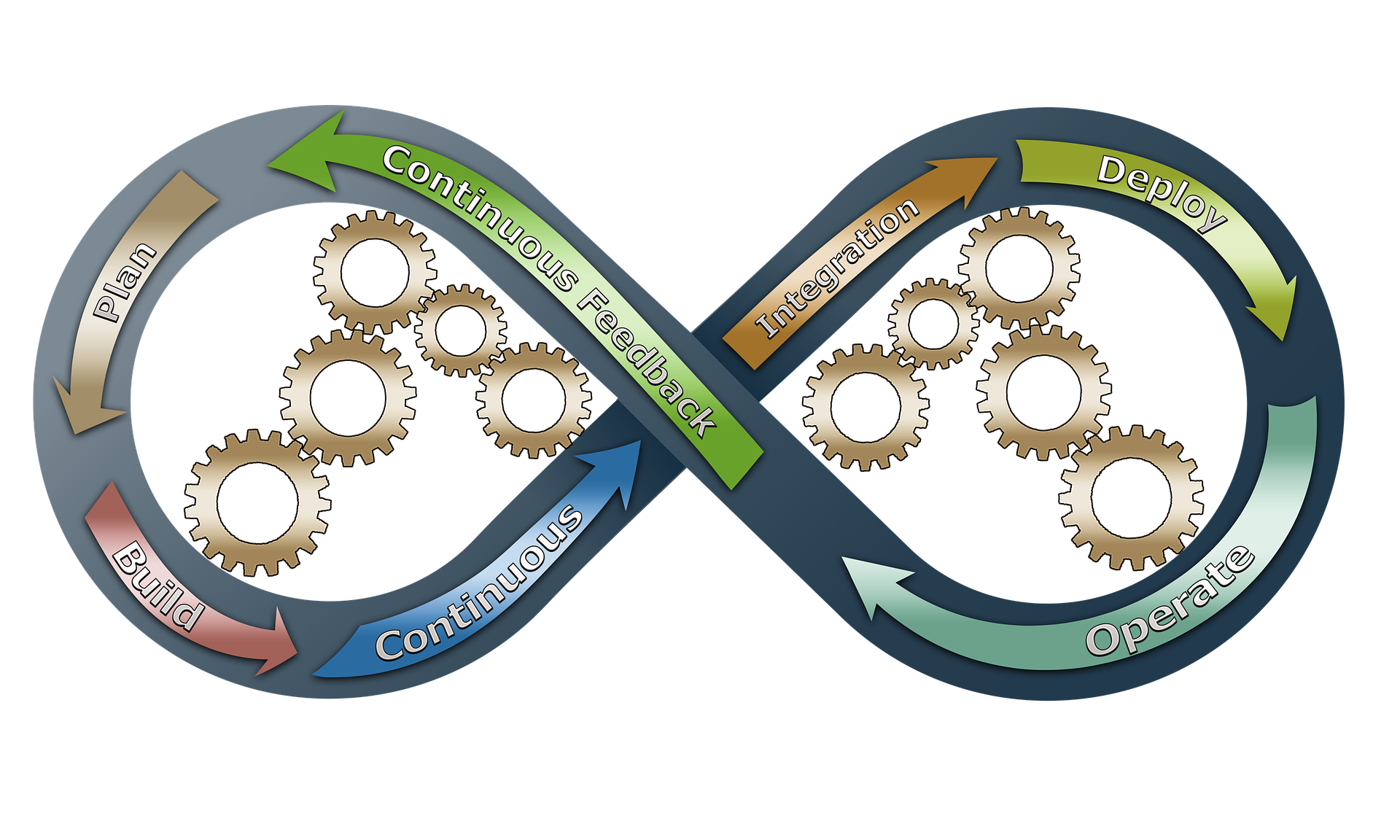In the tech age, resources are always changing and evolving. What worked well for a company last year might not be the most efficient plan this year. That's why it's important to be proactive and have a solid plan in place for when these changes inevitably happen.
Here are 6 pro tips for planning and redistributing resources in the tech age.

When it comes to changes in the way resources are allocated, it's important to keep everyone in the loop. This means being transparent about what changes are being made and why, as well as getting feedback from all stakeholders on how these changes will impact them.
This also means regular check-ins after the changes have been implemented to ensure that everyone is still on board and that the new system is working well.
For instance, if you're planning on changing the way your team is structured, be sure to communicate this to everyone involved well in advance. This will give people time to adjust and provide their feedback. Or, if you're thinking about changing the way you allocate the budget, again, it's important to involve all stakeholders in the decision-making process.
Employing the latest software can help you make more informed decisions about how to best allocate your resources. Solutions such as SAP and ERP can give you real-time insights into where your money is being spent and where efficiencies can be gained.
This information can then be used to make changes to the way resources are allocated, ensuring that your company is always operating as efficiently as possible.
However, deciding on the right software will depend on the specific needs of your business. SAP Business One vs SAP ERP offers different features and benefits. For instance, if you have a small or mid-sized business, then Business One might be the best solution for you. However, if you have a large enterprise, then ERP might be a better fit.
The difference between the two is that Business One offers more out-of-the-box functionality, making it easier and quicker to implement. ERP, on the other hand, is more customizable, meaning it can be tailored to the specific needs of your business.
In the tech age, there is an increasing move towards automation and artificial intelligence (AI) as these technologies can help businesses streamline their operations and free up resources that can be better used elsewhere.
For instance, if your company relies heavily on manual processes, then automation can help to eliminate errors and speed up tasks. This can free up time for your employees to focus on more value-added activities.
Similarly, AI can be used to make better decisions about how resources are allocated. If you're trying to decide which projects to invest in, AI can be used to analyze data and identify which ones are more likely to be successful. This can help you to make better decisions about where to allocate your resources, ensuring that you're always getting the best return on investment.
In today's business world, there's no need to try and do everything in-house and that's why outsourcing non-core functions can free up time and resources that can be better used elsewhere.
For instance, if you're a small business, then it might not make sense to have an in-house IT team. Instead, you could outsource this function to a managed service provider who can take care of all your IT needs. This would free up time for your employees to focus on more important tasks.
Or, if you're a company that doesn't have the expertise to handle certain tasks in-house, then it might be more cost-effective to outsource these functions. This could include anything from social media marketing to accounting and financial services.
Nowadays, data is one of the most important resources a company has at its disposal. However, it's not just about collecting data – it's about making sure that this data is being used effectively.
This means having the right systems and processes in place to ensure that data is being collected, stored, and analyzed properly. Only then can you make informed decisions about how to best allocate your resources.
Additionally, it's important to make sure that you have the right team in place to make use of this data. This might include data scientists, analysts, and even just employees who are comfortable working with large amounts of data.
On the other hand, if you don't have the internal resources to make use of data, then you could always outsource this function. This would ensure that you're still making the most of this valuable resource without having to invest in the necessary staff and infrastructure.
Cloud-based solutions offer several benefits that can help businesses to be more effective in their resource allocation.
For instance, cloud-based solutions are often more scalable than traditional on-premise solutions. This means that they can be easily expanded or contracted as needed, making them a more flexible option for businesses that are constantly needing to adjust their resource requirements.
Additionally, cloud-based solutions can be accessed from anywhere in the world, making them a more convenient option for businesses with employees who are often on the go.
Finally, cloud-based solutions tend to be more cost-effective than traditional on-premise solutions, as they often require less upfront investment and have lower maintenance costs.

To be successful in today's business world, it's important to be proactive about planning and redistributing resources. By making use of data, outsourcing non-core functions, and using cloud-based solutions, businesses can ensure that they're always making the most efficient use of their resources.





